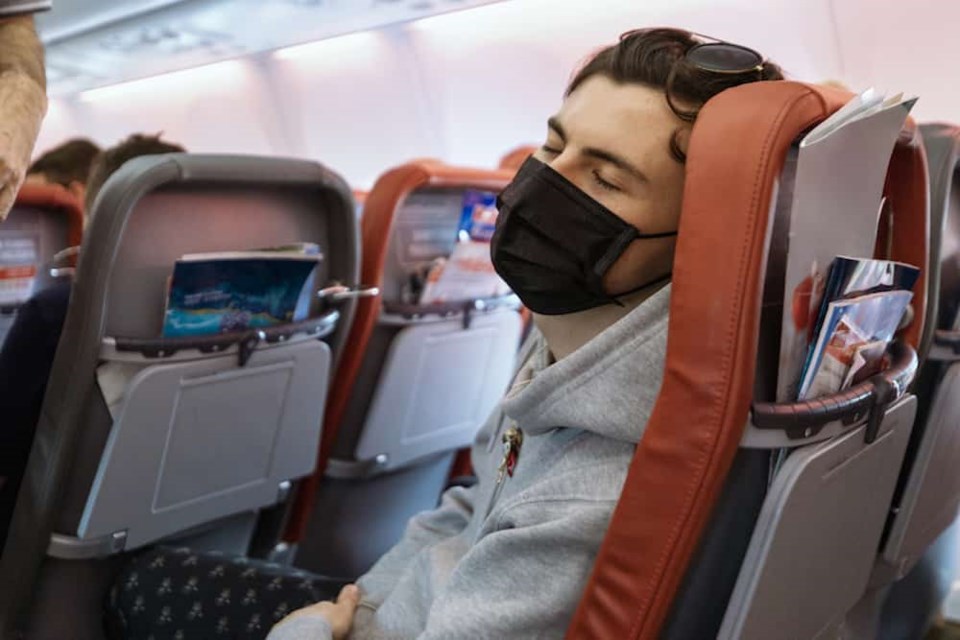The British Columbia Centre for Disease Control (BCCDC) on Thursday evening added two more Vancouver flights to its COVID-19 public exposures list.
The public health agency on Nov. 12 warned passengers who travelled aboard the following flights earlier this month that they may have been exposed to the virus responsible for creating the ongoing global pandemic.
- Nov. 4, WestJet Flight 320, Vancouver to Edmonton (Affected rows 3-9)
- Nov, 9, Air Canada Flight 123, Toronto to Vancouver (Affected rows 31-35)
Thursday's update comes in addition to numerous B.C. flights identified this week for potentially exposing passengers to the virus, including the 19 Vancouver flights that Vancouver Is Awesome reported earlier Friday morning.
The BCCDC is encouraging travellers who recently returned to B.C. to check the public health agency's website for updates about flights identified for the risk of exposure. Passengers who flew aboard on a domestic flight flagged for carrying a COVID-19 case are in turn encouraged to self-monitor for symptoms for 14 days following their flight.
Any passengers who have travelled outside of Canada, meanwhile, are required to self-isolate and self-monitor for symptoms for 14 days upon their arrival. The government continues to discourage Canadians from any non-essential travel outside Canada at this time. It's implemented a global travel advisory that states, "This advisory overrides other risk levels on this page, with the exception of any risk levels for countries or regions where we advise to avoid all travel."
Any returning travellers who develop symptoms following their arrival in Canada should get tested for COVID-19. Individuals who test positive are required to self-isolate for a minimum of 14 days from their arrival date, or 10 days after onset of symptoms, whichever is longer.
While self-monitoring for symptoms of the virus— which may include fever, cough, chills, sore throat, loss of sense of smell or taste and many more—individuals should take and record their temperature daily, and avoid taking fever-reducing medications like acetaminophen or ibuprofen if possible, for 14 days following their return to Canada or last known exposure to a confirmed COVID-19 case. The average normal body temperature taken orally is about 37°C, according to the BCCDC.
For more information about self-monitoring and self-isolation, head to the BCCDC's website.
- With files from Elana Shepert



